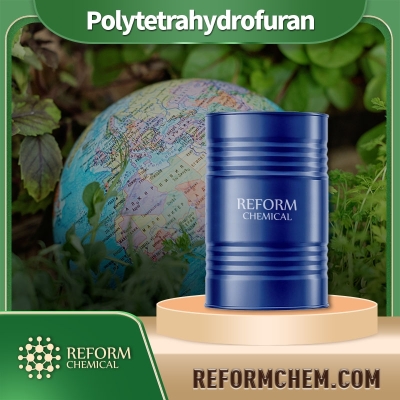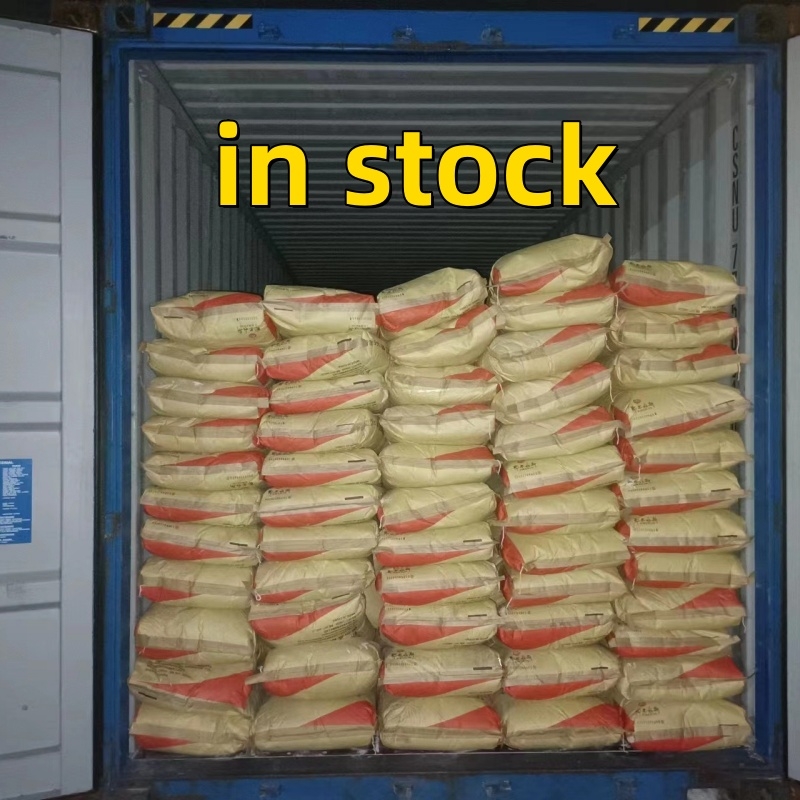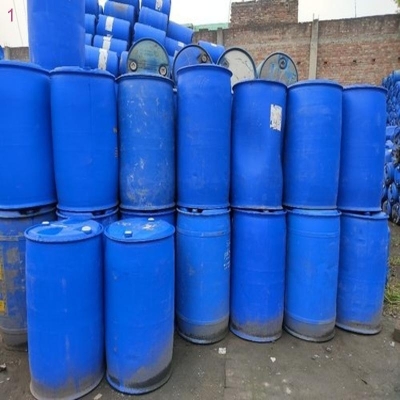-
Categories
-
Pharmaceutical Intermediates
-
Active Pharmaceutical Ingredients
-
Food Additives
- Industrial Coatings
- Agrochemicals
- Dyes and Pigments
- Surfactant
- Flavors and Fragrances
- Chemical Reagents
- Catalyst and Auxiliary
- Natural Products
- Inorganic Chemistry
-
Organic Chemistry
-
Biochemical Engineering
- Analytical Chemistry
-
Cosmetic Ingredient
- Water Treatment Chemical
-
Pharmaceutical Intermediates
Promotion
ECHEMI Mall
Wholesale
Weekly Price
Exhibition
News
-
Trade Service
It was learned from the Chinese Academy of Sciences that Wang Naixing's research group, a researcher at the Institute of Physical and Chemical Technology of the Chinese Academy of Sciences, found that styrene can directly react with aliphatic alcohols and ketones under catalytic conditions, and a useful bifunctional complex product
can be synthesized in one step.
The vast majority of organic compounds contain C-H bonds, and catalytic functionalization of inactive C-H bonds is of great
significance in organic synthetic chemistry.
Recently, Wang Naixing's research group discovered a new reaction of oxidative coupling between
aryl olefins and aliphatic alcohols.
Catalyzed by manganese chloride and tert-butyl hydrogen peroxide, styrene reacts with fatty alcohols to obtain the target product
in one step.
After expansion, it was found that both arylolefins and low-boiling aliphatic alcohols can perform well with medium or higher
yields.
The 21 target compounds were identified
by NMR, carbon and high-resolution mass spectrometry.
In addition, Wang Naixing's research group also discovered the highly selective oxidative coupling reaction
of styrene and ketones under the copper/manganese dual catalyst.
It is found that under the condition of manganese catalyst and copper catalyst, the reaction yield is significantly improved compared with a single copper catalyst, and in the presence of double catalyst and tert-butyl hydrogen peroxide, styrene reacts with ketone to obtain 1,4-dicarbonyl complex products
in one step.
The reaction conditions are mild and the regional selectivity is high
.
The catalytic system is applied to different substituted end aromatic olefins and ketones and can undergo this coupling reaction
.
(New)







